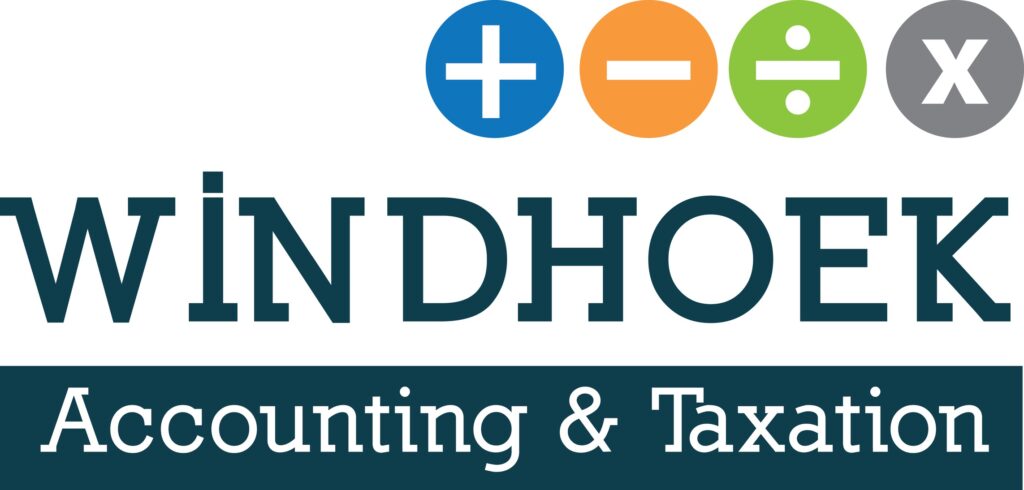Namibia recently introduced beneficial ownership regulations through the Business and Intellectual Property Authority (BIPA), marking a significant shift in how businesses are structured and disclosed. This move aligns with global and regional trends emphasizing transparency and accountability. However, it raises questions about its impact on entrepreneurship and whether it supports or hinders Namibia’s broader economic goals.
What is Beneficial Ownership?
Beneficial ownership refers to the natural person(s) who ultimately own or control a business entity. Under this framework:
• Individuals with significant influence (e.g., owning 25% or more of shares) must be disclosed.
• The goal is to prevent illicit activities like money laundering, tax evasion, and financing of terrorism by ensuring transparency.
Global and Regional Context
Namibia’s adoption of beneficial ownership rules mirrors initiatives in other countries:
1. Global Trends:
• European Union: The EU has implemented beneficial ownership registers as part of its Anti-Money Laundering Directives (AMLD).
• United States: The Corporate Transparency Act (2021) mandates disclosure of beneficial owners to reduce shell company abuse.
2. Regional Developments:
• South Africa: Transparency regulations exist but are not as comprehensive as Namibia’s new requirements.
• Kenya: Introduced a beneficial ownership registry in 2021, which has been instrumental in curbing corruption in public procurement.
3. Countries Without Beneficial Ownership Rules:
• Jurisdictions lacking such regulations, often labeled as tax havens, face criticism for enabling financial crime. However, they may attract certain businesses seeking privacy.
Is It Good for Namibia?
Advantages
1. Enhanced Transparency and Compliance:
• Beneficial ownership regulations strengthen Namibia’s compliance with international standards, such as the Financial Action Task Force (FATF) recommendations.
• This boosts investor confidence and aligns Namibia with global anti-corruption efforts.
2. Attracting Responsible Investment:
• By ensuring that businesses disclose true ownership, Namibia becomes more attractive to ethical investors who value transparency.
3. Tackling Illicit Activities:
• Prevents the misuse of business structures for money laundering and tax evasion, safeguarding the economy and public revenue.
4. Alignment with Sustainable Development Goals (SDGs):
• Transparency supports SDG 16, which emphasizes peace, justice, and strong institutions.
Challenges
1. Administrative Burden:
• Entrepreneurs and small businesses may face increased paperwork and costs associated with compliance.
2. Privacy Concerns:
• Some businesses might view mandatory disclosure as a breach of privacy, particularly in competitive sectors.
3. Enforcement Gaps:
• Without proper enforcement, beneficial ownership regulations risk becoming another bureaucratic exercise with limited impact.
Impact on Entrepreneurship
For entrepreneurs, the introduction of beneficial ownership rules presents both opportunities and challenges:
• Opportunities:
- A transparent business environment levels the playing field, reducing unfair advantages gained through opaque practices.
• Challenges:
- Startups and small businesses may need guidance to navigate compliance, which could be seen as a barrier to entry.
Lessons from Other Countries
1. Positive Outcomes:
• United Kingdom: The UK introduced a public beneficial ownership register in 2016, which has increased corporate transparency and deterred illegal activities.
• Kenya: Reports indicate that corruption in public procurement has reduced since beneficial ownership disclosure began.
2. Missed Opportunities:
• Countries without beneficial ownership frameworks often struggle with corruption and reduced credibility in global markets.
Is It Good for Namibia’s Economy?
Beneficial ownership rules are a double-edged sword:
• For the Country:
- They position Namibia as a compliant, transparent jurisdiction, improving its reputation on the global stage.
- This can enhance access to international funding and partnerships.
• For Businesses:
- While larger corporations may adapt easily, smaller businesses may require support to understand and comply with the new regulations.
How Windhoek Accounting & Taxation Can Help
At Windhoek Accounting & Taxation, we understand the complexities of complying with new regulations. Our services include:
• Compliance Assistance: Helping businesses navigate beneficial ownership reporting requirements.
• Education and Training: Workshops and materials to guide entrepreneurs on the implications of the regulations.
• Corporate Advisory: Tailored advice on restructuring businesses to align with the new framework.
Conclusion
Beneficial ownership regulations in Namibia represent a necessary step toward transparency and accountability, aligning the country with global best practices. While the policy is beneficial for the economy and governance, its success will depend on effective implementation and support for businesses.
For entrepreneurs and investors, these regulations bring both opportunities and responsibilities. Partnering with experts like Windhoek Accounting & Taxation can ensure compliance while focusing on growing your business. Let us help you navigate this new era of transparency with confidence!


